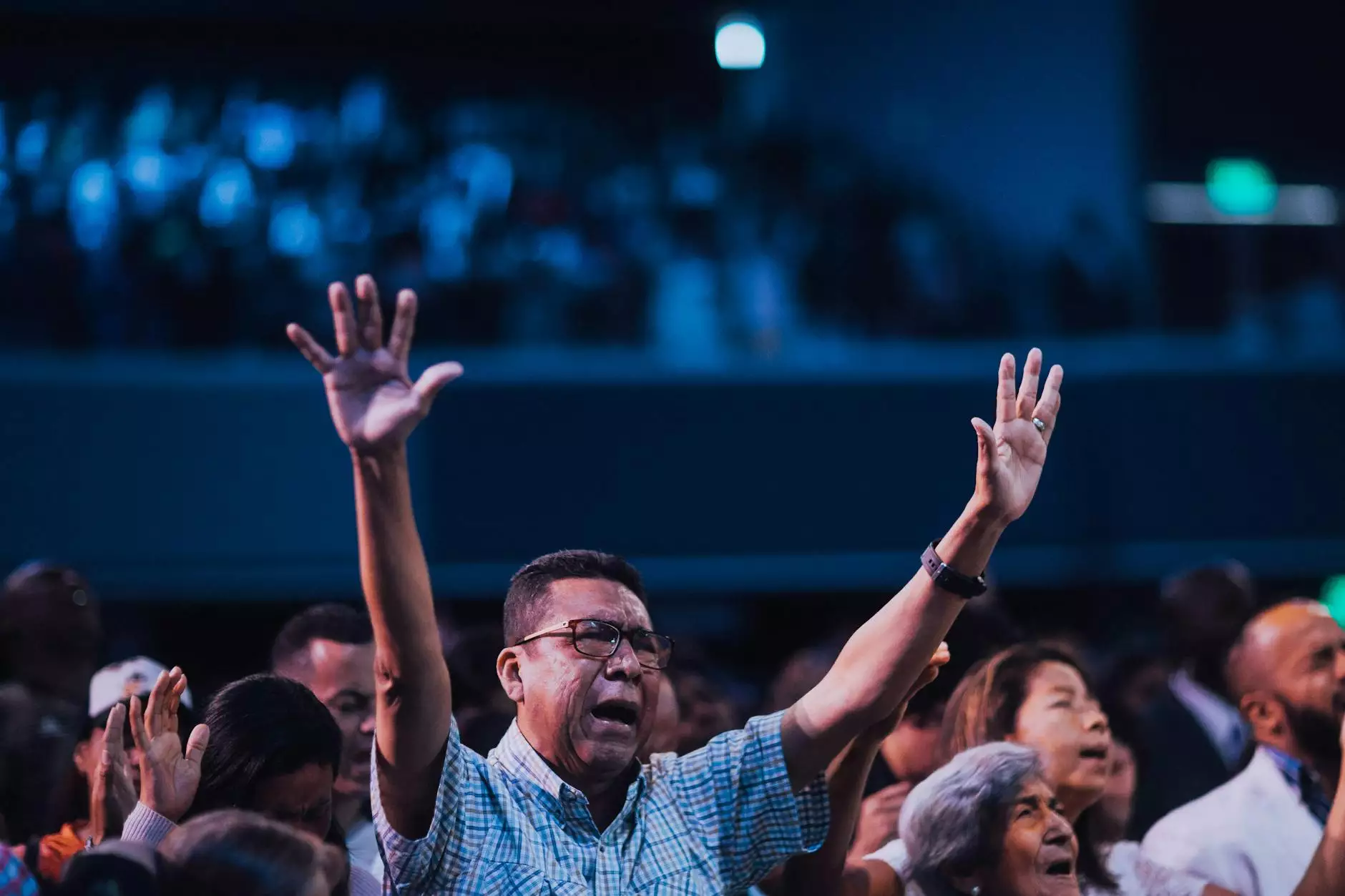The Rise and Impact of the Black Millennials Church: Empowering Communities and Cultivating Faith

The landscape of religious organizations within the Black community is undergoing a profound transformation. Among the most notable developments is the emergence and growth of the Black Millennials Church. This movement is redefining how faith, community engagement, and social activism intersect, particularly among young Black adults who identify as millennials. As a vibrant force within religious organizations, churches, and community service/non-profit sectors, the Black Millennials Church is proving that faith can be both dynamic and deeply rooted in community empowerment.
Understanding the Black Millennials Church: A New Kind of Faith Community
The Black Millennials Church is more than just a place of worship; it is an inclusive movement that combines spiritual growth with social responsibility. Rooted in the values of justice, empowerment, and cultural identity, it serves as a vital space for Black millennials seeking meaningful connections, personal development, and avenues to make an impact.
Unlike traditional church models that may emphasize hierarchy and doctrine, the Black Millennials Church often adopts a more progressive, community-centric approach. It leverages contemporary communication methods, digital platforms, and innovative programming to reach and engage young Black adults where they are—both physically and virtually.
Core Principles and Values of the Black Millennials Church
- Authentic Spirituality: Emphasizing a heartfelt and relevant faith experience that resonates with contemporary issues faced by Black millennials.
- Community Engagement: Prioritizing service, outreach, and active participation in addressing community needs.
- Cultural Identity and Pride: Celebrating Black culture, history, and traditions as integral to faith and community life.
- Inclusivity and Diversity: Creating safe spaces welcoming all identities and backgrounds within the Black community.
- Social Justice and Advocacy: Standing firmly on issues like racial equality, economic justice, and systemic reform.
The Role of the Black Millennials Church in Community Development
One of the most compelling aspects of the Black Millennials Church is its impact on community service/non-profit initiatives. These churches are transforming from traditional houses of worship into hubs of activism and support, addressing urgent societal issues such as affordable housing, mental health awareness, educational disparities, and criminal justice reform.
Fostering Economic Empowerment
Through partnerships with local businesses, entreprenuership programs, and financial literacy workshops, the Black Millennials Church seeks to uplift Black families economically. They recognize that true empowerment extends beyond spiritual sustenance to include economic stability and wealth-building opportunities.
Educational and Youth Programs
Recognizing the importance of education, these churches often run tutoring centers, mentorship programs, and scholarship initiatives aimed at empowering Black youth. They cultivate a sense of identity and purpose among young people, encouraging leadership and resilience in the face of societal challenges.
Health and Wellness Initiatives
Addressing disparities in health outcomes, the churches often organize health fairs, mental health seminars, and fitness programs. They serve as advocates for holistic well-being—body, mind, and spirit—within the Black community.
Innovative Strategies: Connecting Faith and Technology
To effectively engage the contemporary black millennials church demographic, these organizations utilize cutting-edge technology and social media platforms. Streaming services, podcasts, and interactive apps allow for virtual participation, making spiritual resources accessible to those who may not attend in person.
Some churches have embraced social media campaigns to raise awareness on social justice issues, mobilize community action, and create online communities that support spiritual growth and civic engagement.
The Significance of Cultural Representation in the Black Millennials Church
A key factor in the success of these churches is their commitment to cultural representation. Incorporating Black art, music, cuisine, and history into church activities fosters pride and helps sustain cultural identity within faith practices.
This representation affirms the experiences of Black millennials, validating their identities and fostering a deeper connection to their faith and community. It also encourages intergenerational dialogue and collaboration—bridging gaps and strengthening communal bonds.
Challenges and Opportunities Facing the Black Millennials Church
Challenges
- Overcoming generational divides and resistance to change within traditional religious institutions.
- Securing funding and resources for innovative programs and community initiatives.
- Navigating societal skepticism regarding faith-based activism.
- Ensuring inclusivity while maintaining cultural integrity.
Opportunities
- Expanding digital outreach to reach more young people.
- Forming strategic alliances with social justice organizations and civic groups.
- Developing sustainable models of community-driven faith practices.
- Fostering leadership among Black millennials to shape future societal change.
The Future of the Black Millennials Church: A Movement for Change and Growth
The trajectory of the Black Millennials Church indicates a bright future rooted in resilience, innovation, and unwavering commitment to community upliftment. As these churches continue to evolve, they serve as vital space where faith and activism merge seamlessly, inspiring a new generation of leaders who prioritize both spiritual fulfillment and social justice.
By harnessing digital platforms, cultivating authentic cultural expression, and emphasizing holistic development, the Black Millennials Church is paving the way for a more inclusive, empowered, and spiritually nourished Black community.
Conclusion: The Power of Faith and Community for Black Millennials
The Black Millennials Church exemplifies the transformative power of faith intertwined with social activism. It stands as a testament to the resilience of the Black community and the vital role that religious organizations play in fostering growth, unity, and positive change.
This movement continues to gain momentum, challenging traditional perceptions of church and community service while addressing pressing societal issues. In doing so, it not only sustains spiritual life but also catalyzes tangible community development, making it a cornerstone for future generations of Black leaders and changemakers.
For those interested in learning more or getting involved, Bridge Church NYC stands as a prime example of a church actively participating in this movement. Embracing faith, community, and activism, it underscores the profound impact that the Black Millennials Church has on shaping empowered, resilient communities.









